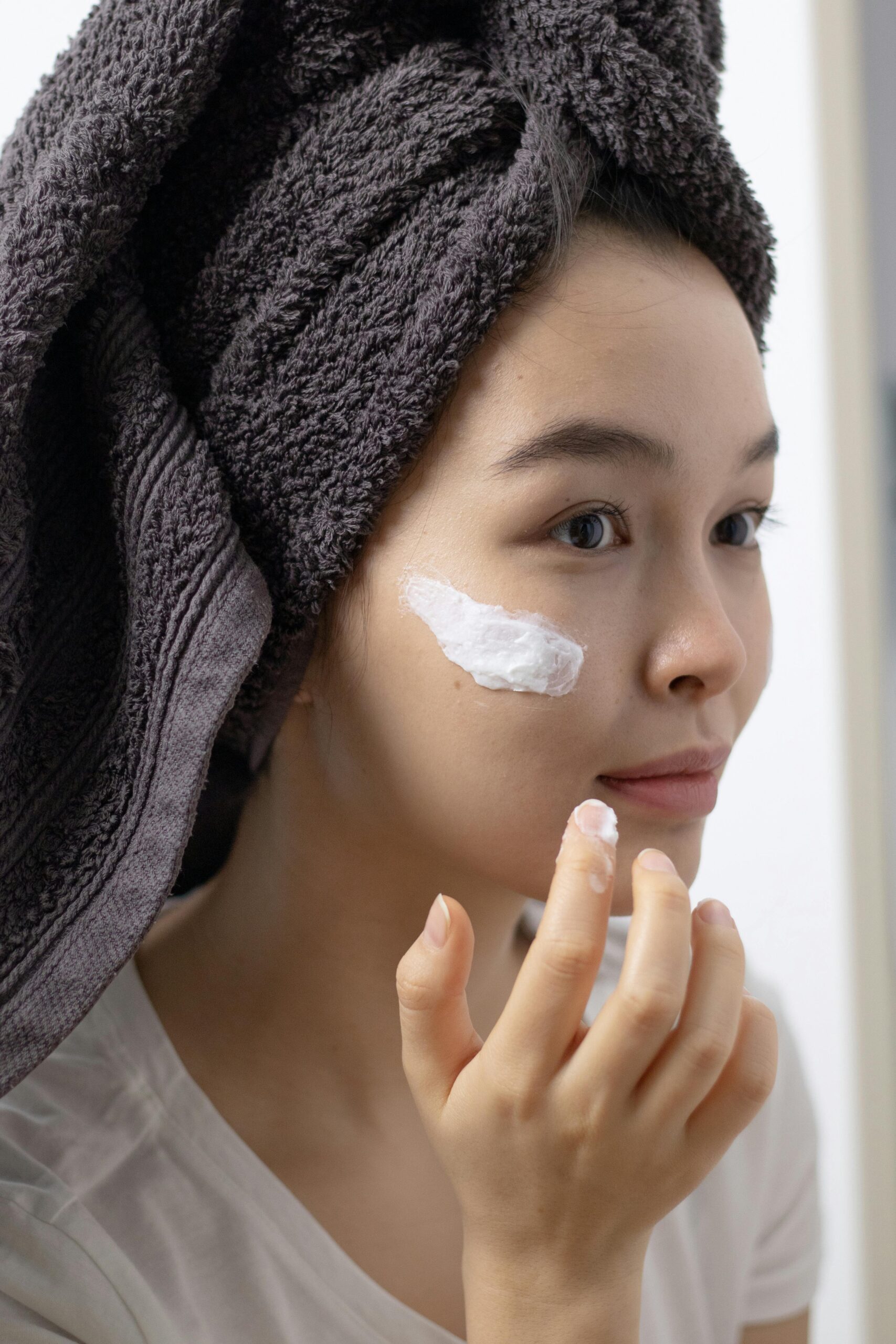Hydration Tips for Staying Healthy and Energized
The Importance of Hydration
Staying **hydrated** is essential for maintaining optimal health and well-being. Water makes up about 60% of our bodies and plays a critical role in various bodily functions, including temperature regulation, nutrient transportation, and joint lubrication. Understanding the significance of proper hydration can motivate individuals to drink enough fluids throughout the day. Dehydration can lead to fatigue, headaches, and decreased cognitive function, highlighting the necessity of prioritizing hydration in our daily routines.

How Much Water Do You Need?
The amount of water each person needs can vary based on factors such as age, activity level, and climate. However, a general guideline suggests that adults should aim for at least 8-10 cups of water daily. For those engaging in intense physical activity, additional water intake is vital to compensate for fluid loss through sweat. Monitoring urine color can also be an effective method; light yellow indicates proper hydration, while dark yellow suggests dehydration.
Signs of Dehydration
Recognizing the signs of dehydration is crucial for taking timely action. Common symptoms include dry mouth, fatigue, dizziness, and decreased urine output. More severe dehydration may lead to confusion and rapid heartbeat. Being aware of these symptoms can help you stay proactive in maintaining your fluid balance. Carrying a water bottle can serve as a reminder to drink regularly and monitor your hydration status throughout the day.
Practical Hydration Tips
Implementing practical strategies to enhance your hydration can make a significant difference. Here are some effective tips to consider for staying properly hydrated:
Incorporate Hydrating Foods
Eating foods with high water content can contribute to overall hydration. Fruits such as watermelon, cucumbers, and oranges not only provide essential nutrients but also help boost **fluid intake**. Incorporating these hydrating foods into your meals can be both delicious and beneficial for your health. For instance, a refreshing smoothie with a base of watermelon can be a tasty way to increase hydration levels while enjoying a treat.

Set Reminders
Life can get busy, and it’s easy to forget to drink water throughout the day. Utilizing reminders through phone apps or setting alarms can encourage regular drinking habits. Additionally, placing sticky notes or water bottles in visible locations can serve as gentle nudges to consume **more liquids**. This simple practice can significantly increase your daily water intake.
Hydration During Exercise
Proper hydration is particularly crucial during exercise. Engaging in physical activities leads to fluid loss due to sweating; hence, replenishing lost fluids becomes essential to maintain performance levels and avoid dehydration. Understanding how to hydrate before, during, and after workouts can greatly enhance athletic performance.
Pre-Workout Hydration
Before engaging in any exercise, it’s important to start hydrating well in advance. Aim to drink at least 16 ounces of water about two hours prior to your workout. This will allow your body to absorb the fluid and enhance performance. Moreover, consuming **electrolyte drinks** can prepare your body to endure extended physical exertion.
Hydrating During Workouts
During exercise, it’s recommended to hydrate every 15-20 minutes, especially for prolonged workouts. For activities lasting over an hour, consider incorporating electrolyte drinks that can replenish lost salts and enhance hydration. Carrying a water bottle within reach during workouts can make it easier to stay consistent with **fluid intake** and promote better overall performance.
Conclusion
Staying hydrated is a key component of maintaining physical and mental well-being. By understanding the importance of water intake and implementing actionable hydration tips, individuals can significantly improve their health outcomes. Whether it’s incorporating hydrating foods, setting reminders, or understanding how to hydrate during workouts, every little step counts towards achieving optimal hydration levels.
FAQ
1. How can I tell if I am drinking enough water?
One of the simplest ways to determine if you are well-hydrated is to observe the color of your urine. If it is light yellow, you’re likely drinking enough water. Dehydration often results in darker urine, signifying that it may be time to increase your fluid intake.
2. Can I drink too much water?
Yes, while staying hydrated is crucial, it’s also possible to drink excessive amounts of water, which can lead to a rare but serious condition called hyponatremia. This occurs when the sodium levels in your blood become too diluted, leading to swelling of cells. It’s essential to find a balance in your hydration.
3. Are there any benefits to using electrolyte drinks?
Electrolyte drinks can be beneficial, especially during prolonged exercise or in hot weather, as they help replenish lost salts and minerals in addition to water. These drinks can improve hydration and maintain proper muscle function, making them a good option for athletes.
4. What are some common hydrating foods?
Foods with high water content include cucumbers, lettuce, watermelon, and oranges. Incorporating these into your diet can enhance your fluid intake significantly while providing essential vitamins and minerals.
5. What are some creative ways to remember to drink water?
Try using phone alarms, apps that track your water intake, or conspicuously placed water bottles around your living or work environment. You can also make consuming water more enjoyable by infusing it with fruits or herbs such as mint or lemon.
